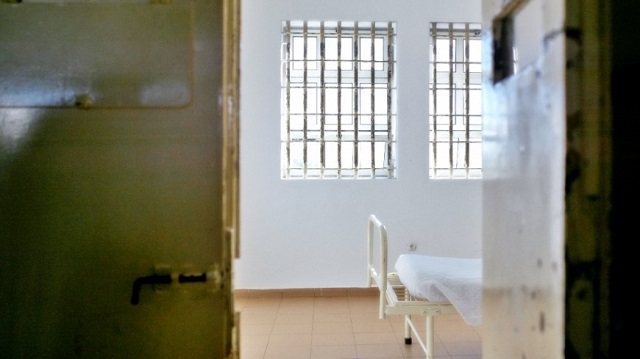The Council of Europe’s Anti-Torture Committee (CPT) has called upon the 47 member States of the Council of Europe to seize the opportunity of the fight against the COVID-19 pandemic in prisons to put an end to prison overcrowding through the emergency measures which have been put in place temporarily, including the use of alternatives to imprisonment.
In a statement issued as a follow up to its Statement of principles made in March in the context of the COVID-19 pandemic, the CPT says that further steps are needed to reduce the use of remand detention, to refrain to the maximum extent possible from the detention of migrants, and to make further progress in the deinstitutionalisation of mental health care.
The CPT welcomes that, according to the information provided by states, many prison administrations took prompt steps to protect persons deprived of their liberty from possible infection and to introduce measures to compensate for restrictions imposed for public health reasons.
In particular, most member states have reported increasing the use of non-custodial measures as alternatives to detention, such as suspension or deferral of the execution of sentences, advancement of conditional release, temporary release, commutation of imprisonment into house arrest or extended use of electronic monitoring, which have all had a positive impact on the widespread phenomenon of prison overcrowding.
Read also
Furthermore, many states have taken measures to facilitate detained persons’ contact with the outside world, such as providing access to video calls over the Internet or granting more frequent and longer access to the telephone for as long as a ban on visits is being imposed. As regards immigration detention, some member states indicated that detention orders have been suspended and/or that immigration detention centres have been temporarily withdrawn from service.
The CPT underlines that temporary restrictions imposed to contain the spread of the virus in places of detention must be lifted as soon as they are no longer required, in particular the restriction of detained persons’ contact with the outside world, and of the range of activities available to them.
Council of Europe



























































